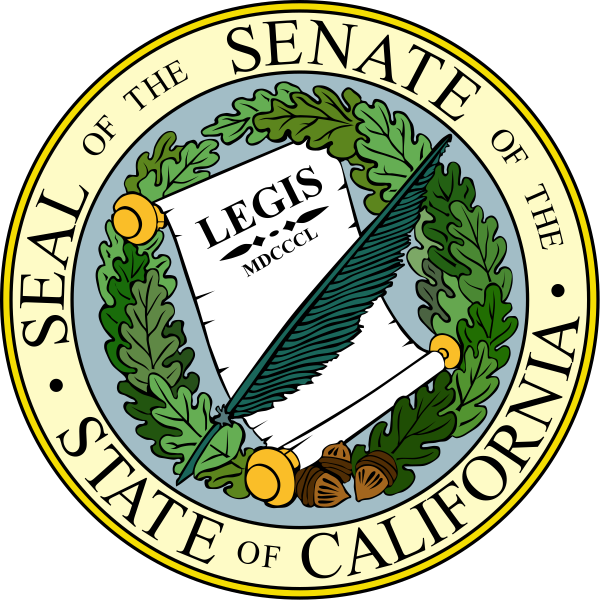Senate Bill 4 - Yes In God's Back Yard

What impact does access to affordable housing have on families?
When families spend disproportionately on housing, they are forced to make impossible choices on other basic needs, such as food, health care and transportation. Over 20.3 million households – nearly 1 in 6 – paid over half their income on housing in 2021.
What impact does affordable housing have on the neighborhood?
Homes that are affordable allow families to put a stake in their community, improving the space for everyone living there. Strong neighborhoods exist where residents have quality housing; are invested and engaged in their communities; have access to transportation, employment and educational opportunities and have a sense of safety and inclusion.
What impact does affordable housing have on the local economy?
An increased tax base, opportunities for economic development, increased job retention and productivity, and the ability to address inequality — all are among the economic benefits of increased access to quality, affordable housing.
What impact does affordable housing have on the national economy?
Some hidden costs from lack of affordable housing are particularly evident with education and healthcare. Families forced to choose between paying for housing and other things most frequently give up those other things. This impacts the national economy through increased hospitalizations, ambulatory visits, dental procedures, mental health care for mothers and special education services for children.
California Senate Bill 4, called YIGBY for “Yes in God’s Backyard”, allows churches to build affordable housing as a use by right. SB 4 goes into effect January 1, 2024.
80% of units must be affordable. 20% may be for moderate-income households. 5% may be for staff of Saint Michael and All Angels.
Affordable housing is defined as 80% or less of the Area Median Income (AMI).
Persons in Household | 1 | 2 | 3 | 4 | 5 | 6 | |
| Acutely Low | $13400 | $15300 | $17250 | $19150 | $20700 | $22200 |
Extremely Low | $30150 | $34450 | $38750 | $43050 | $46500 | $49950 | |
Very Low | $50250 | $57400 | $64600 | $71750 | $77500 | $83250 | |
Low | $80400 | $91850 | $103350 | $114800 | $124000 | $133200 | |
Median | $89450 | $102250 | $115000 | $127800 | $138000 | $148250 | |
Moderate | $107350 | $122700 | $138000 | $153350 | $165600 | $177900 | |
SB4 benefits include:
- A density bonus,
- A height bonus,
- Reduction of parking standards,
- Zoning incentives, concessions, waivers,
- Expedited processing,
- Federal, state, and county tax credits to developers for financing,
- Bypass CEQA (California Environmental Quality Act) review process,
- Expect these relaxed rules equate to a 30% reduction in construction costs.
City of Newport Beach estimated housing needs:
- 1,456 Very Low Income units, 930 Low Income units, and 1,050 Moderate Income units.
- 6.9% of residents live below the poverty line.
- The largest demographic living in poverty are Women 55-64, followed by Women 45-54.
- 9% of moderate- to low-income renters in Newport Beach pay over 30% of their monthly income towards housing.
Ground Lease Deals:
- The ground and/or buildings designated for housing are leased to the developer.
- The landowner remains the owner of the land.
- Appraisal determines the fair value of the land for any deal.
- Ground lease payments can be negotiated in any configuration - lump sum, monthly, payments, or both.
- Minimum number of units is typically 50.